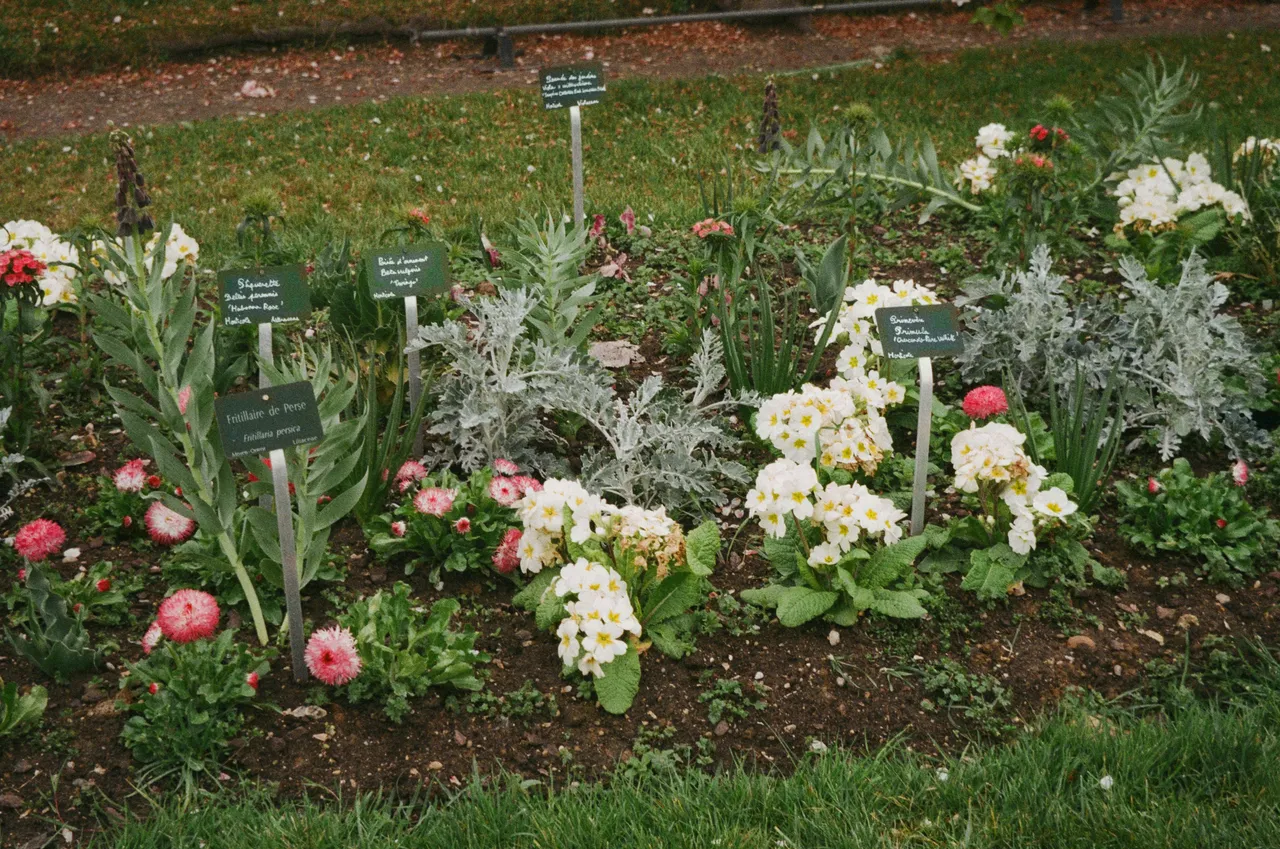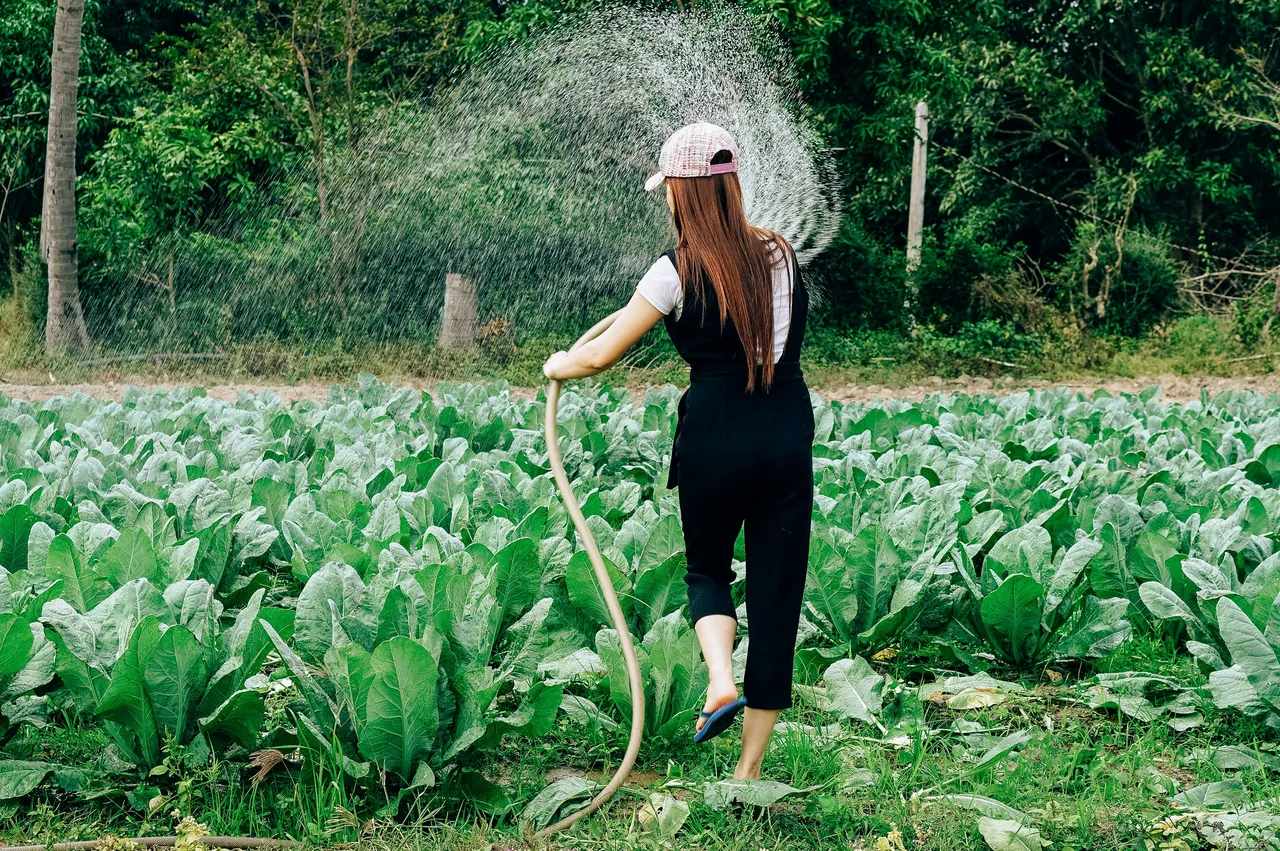
Eco-Friendly Gardening: Tips for a More Sustainable Backyard
Welcome to our latest article on New Garden Tips, where we delve into the world of eco-friendly gardening. Discover how to transform your backyard into a sustainable sanctuary that benefits both the environment and your well-being.
Understanding Eco-Friendly Gardening
Eco-friendly gardening is more than just a trend; it's a commitment to nurturing our planet through mindful gardening practices. This approach focuses on creating a sustainable ecosystem in your backyard that supports local wildlife, conserves water, and reduces your carbon footprint. By choosing native plants, composting kitchen scraps, and using organic pest control methods, you can contribute to a healthier planet.
Eco-friendly gardening starts with understanding the local environment and selecting plants that thrive in your area without extra resources. This not only reduces the need for water and fertilizers but also supports local biodiversity.
Water Conservation Techniques
One of the pillars of sustainable gardening is water conservation. Collecting rainwater in barrels and designing your landscape to reduce runoff are excellent ways to start. Additionally, opting for drip irrigation or soaker hoses can significantly reduce water usage compared to traditional sprinkler systems.
Mulching is another effective method to retain soil moisture and reduce evaporation. By covering the soil around your plants with organic material, you can conserve water while enriching the soil.
Supporting Biodiversity
A sustainable backyard is a haven for local wildlife. By incorporating a variety of plants, you provide shelter and food for birds, bees, butterflies, and other beneficial creatures. Creating habitats, such as birdhouses or a small pond, can enhance biodiversity and bring your garden to life.
Avoiding chemical pesticides is crucial in protecting these visitors. Natural alternatives, like neem oil or diatomaceous earth, can manage pests without harming the ecosystem.
Eco-Friendly Materials and Practices
Choosing the right materials is fundamental in eco-friendly gardening. Opt for natural, sustainable, or recycled materials for garden beds, paths, and decorations. This reduces your environmental impact and adds a unique charm to your garden.
Practicing crop rotation and companion planting are also beneficial. These methods improve soil health, prevent disease, and can naturally repel pests, reducing the need for chemical interventions.
Conclusion
Eco-friendly gardening is an enriching and fulfilling practice that benefits both the gardener and the planet. By adopting sustainable practices, you can create a beautiful, thriving garden that supports the environment. Start small, and remember, every eco-conscious choice makes a difference.
Embrace the journey towards a more sustainable backyard and witness the transformation not only in your garden but in the broader environment.
This article was developed using available sources and analyses through an automated process. We strive to provide accurate information, but it might contain mistakes. If you have any feedback, we'll gladly take it into account! Learn more

